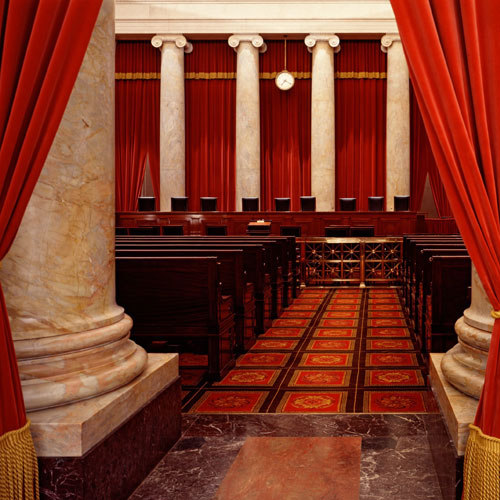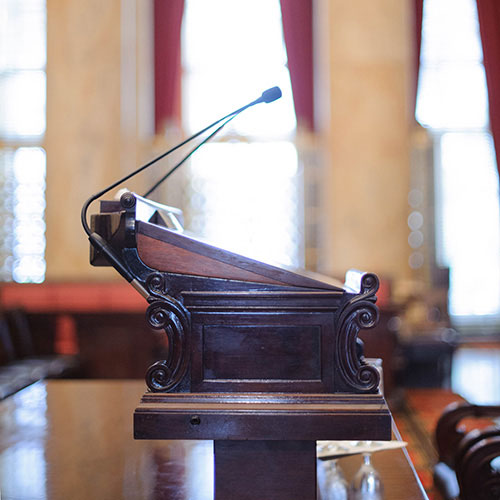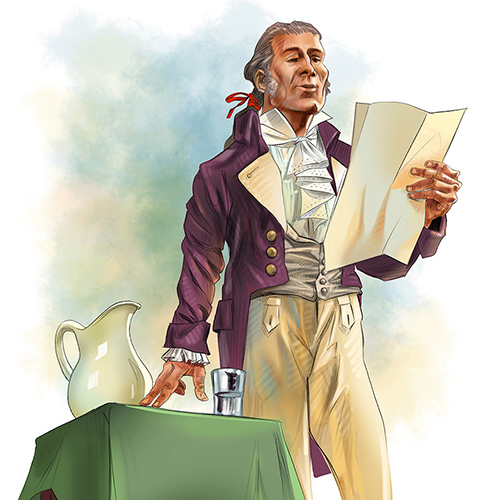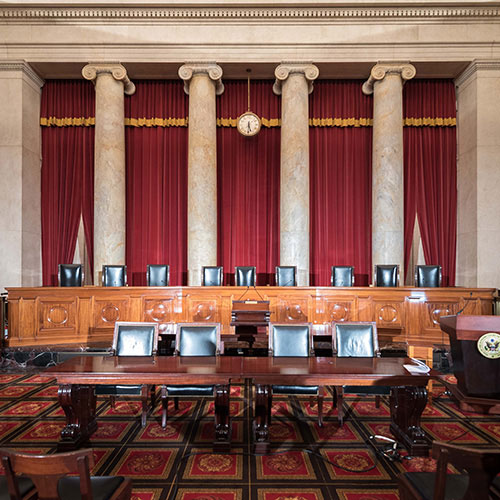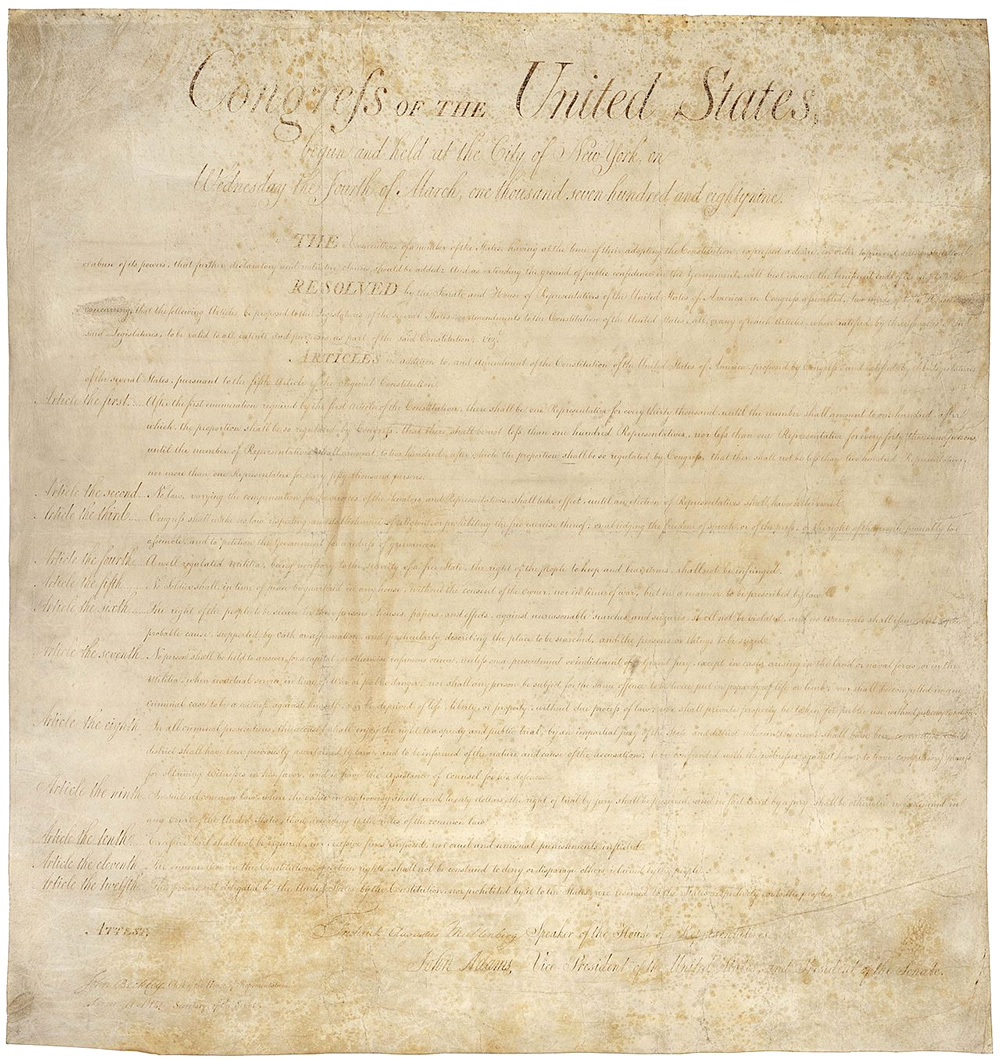
In 1941, President Franklin D. Roosevelt declared that December 15th would be “Bill of Rights Day” to recognize the importance of the first ten Amendments to the U.S. Constitution ratified on that date 150 years earlier in 1791. The date may not have taken on as much popularity or recognition in our national celebrations as it deserves yet, but it nonetheless remains well worth celebrating and, more importantly, well worth understanding how our country has preserved those articulated freedoms for 230 years.
Many countries have a Bill of Rights; as Justice Scalia often stated, even some totalitarian countries have a more elaborate and detailed Bill of Rights than we do. But what is it that distinguishes our Bill of Rights from others around the world? The answer does not lie in the words of the Bill of Rights themselves but rather in the structure of checks and balances in our Constitutional form of government. Unlike most countries, in the United States when the Legislative or Executive branches of our government infringe upon the citizens’ fundamental rights – whether intentionally or inadvertently – our citizens may seek recourse in our federal Judicial branch.
Such recourse would be meaningless if the Judicial branch was controlled by the Legislative or Executive branches, as it is in many other countries. But in our form of government, we have an independent Judiciary whose decisions are free from on-going influence from the other two branches of government. Indeed, any one federal judge in our country has authority to overturn laws or actions by the other two branches of government if they are found to violate our Constitutional rights. These decisions of individual judges are of course reviewable by appellate courts and the Supreme Court, but it is an enormous and unique power vested within our Judicial branch.
An informative observation of this distinction was made at the Newseum in Washington D.C. a few years ago. The Newseum was a museum dedicated to educating the public about the five freedoms embodied in the First Amendment in our Bill of Rights: freedom of religion; freedom of speech; freedom of the press; freedom of assembly; and freedom to petition the government. After touring the exhibits in the Newseum one day, a visitor from Russia stated that “We have freedom of speech in Russia, too. The difference is, in America you are free after you speak.” It is a profound difference! And how is it so?
The answer is clear and simple: we have a Judiciary that has authority to halt infringements of our rights by the government. We, the People, have a responsibility in preserving our fundamental Bill of Rights, too. We must ensure that our Judiciary remains independent and free from control of the other branches of government.
Happy Bill of Rights Day!
